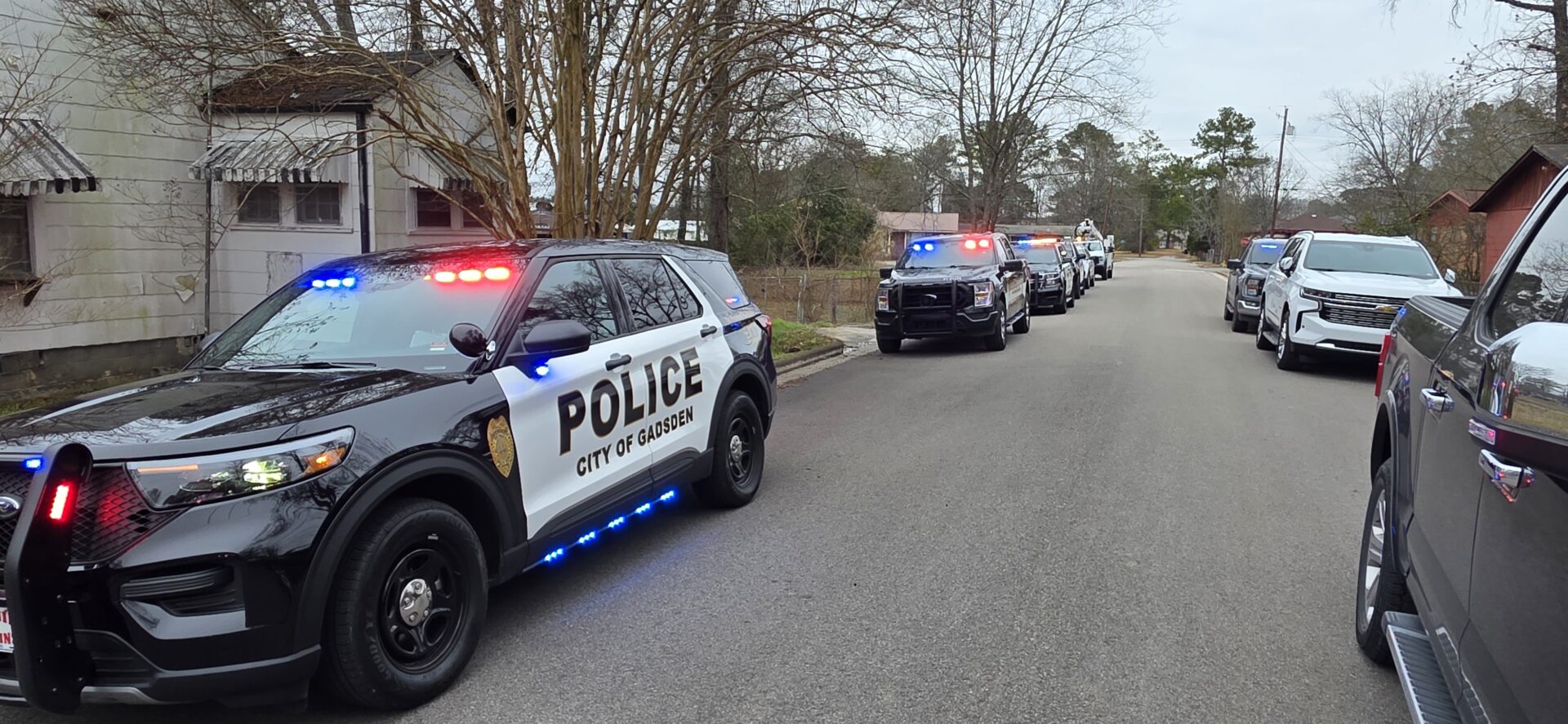-
- We all need to work together with health department staff to slow the spread of COVID-19.
- Now that we’ve worked together to flatten the curve, it’s time to slow the spread of COVID-19.
- Be part of the solution to slow the spread.
- Help your health department slow transmission in your community.
- Your actions make all of us safer. Public health workers are here to help slow the spread of COVID-19.
- We all need to work together with health department staff to slow the spread of COVID-19.
- Messages for people who have been diagnosed with COVID-19
- If you are diagnosed with COVID-19, an employee (case investigator) from the health department might call you to check-in on your health, discuss who you’ve been in contact with and, and ask you to stay at home to self-isolate.
- Unless you give permission, your name will not be revealed to those you came in contact with, even if they ask.
- The health department will ask you to stay at home and self-isolate.
- Self-isolation means staying at home in a specific room away from other people and pets, and using a separate bathroom, if possible.
- Self-isolation is critical to protecting those who you live with as well as your community.
- Self-isolation helps slow the spread of COVID-19 and can help keep your friends and neighbors healthy.
- If you need support or assistance while self-isolating, then your health department or community organizations may be able to provide assistance.
- Seek medical care if symptoms become severe. Severe symptoms include trouble breathing, persistent pain or pressure in the chest, confusion, inability to wake or stay awake, or bluish lips or face.
- If you are diagnosed with COVID-19, an employee (case investigator) from the health department might call you to check-in on your health, discuss who you’ve been in contact with and, and ask you to stay at home to self-isolate.
- Messages for Close Contacts of someone with COVID-19
- If you have been in close contact with someone with COVID-19, an employee from the health department (contact tracer) might call to inform you that you’ve been exposed. They will ask you to stay at home and self-quarantine.
- Close contact means you were within 6 feet of an infected person for at least 15 minutes.
- You should stay at home and self-quarantine for 14 days, starting from the most recent day that you were possibly exposed to COVID-19. The contact tracer will inform you of the dates of your self-quarantine.
- Self-quarantine means staying home, monitoring yourself, and maintaining social distancing (at least 6 feet from others at all times). You should remain in a specific room separate from other non-exposed people and pets in your home, and use a separate bathroom, if possible.
- If you need to be around other people or animals in or outside of the home, wear a cloth face covering. This will help protect the people around you.
- If you need support or assistance with self-quarantine, then your health department or community organizations may be able to provide assistance.
- Self-quarantine helps slow the spread of COVID-19 and can help keep your friends and neighbors healthy.
- You should monitor yourself for any symptoms of COVID-19 and notify your health department if you develop symptoms. Seek medical care if symptoms become severe. Severe symptoms include trouble breathing, persistent pain or pressure in the chest, confusion, inability to wake or stay awake, or bluish lips or face.
- If you have been in close contact with someone with COVID-19, an employee from the health department (contact tracer) might call to inform you that you’ve been exposed. They will ask you to stay at home and self-quarantine.
- Key Actions
- Pick up the phone when your health department calls.
- Follow health department guidance.
- Notify your healthcare provider if you become ill.
- Call your healthcare provider if you start to feel ill and you have not been tested for COVID-19.
- If you have been in close contact with someone with COVID-19, you should stay at home and self-quarantine for 14 days, starting from the most recent day that you were possibly exposed to COVID-19. Monitor yourself, and maintain social distancing (at least 6 feet) from others at all times.
- Notify those who you had close contact with recently if you become ill.
- Know what symptoms mean you need to go to the hospital right away.
- Seek medical care if symptoms become severe. Severe symptoms include trouble breathing, persistent pain or pressure in the chest, confusion, inability to wake or stay awake, or bluish lips or face.
- The bottom line: Making a choice to help your health department in the fight against COVID-19 keeps you, your family, and your community safe.



